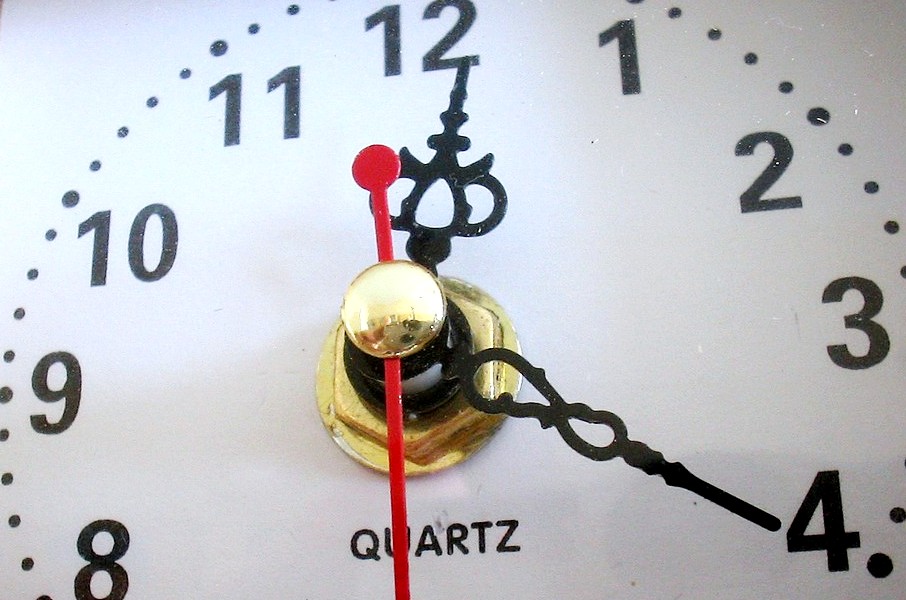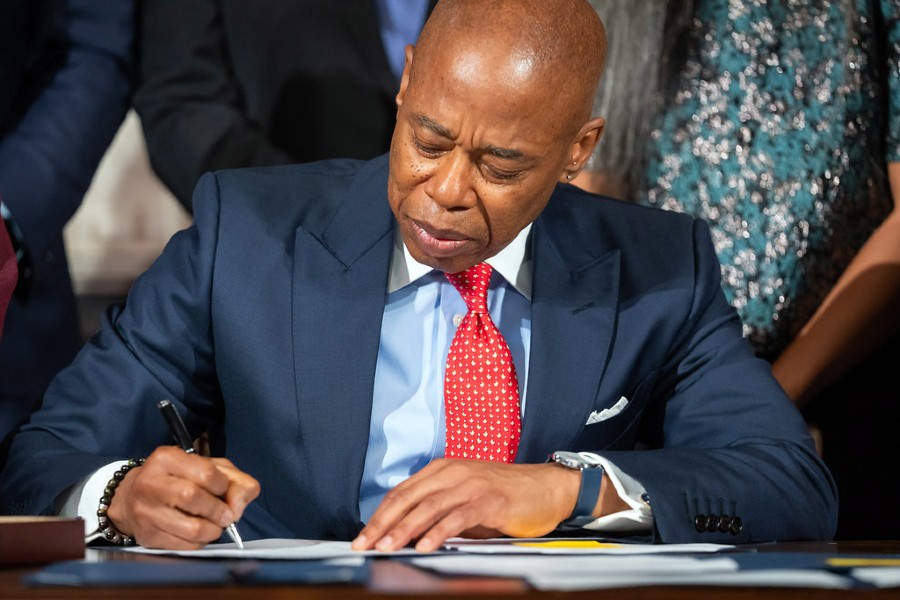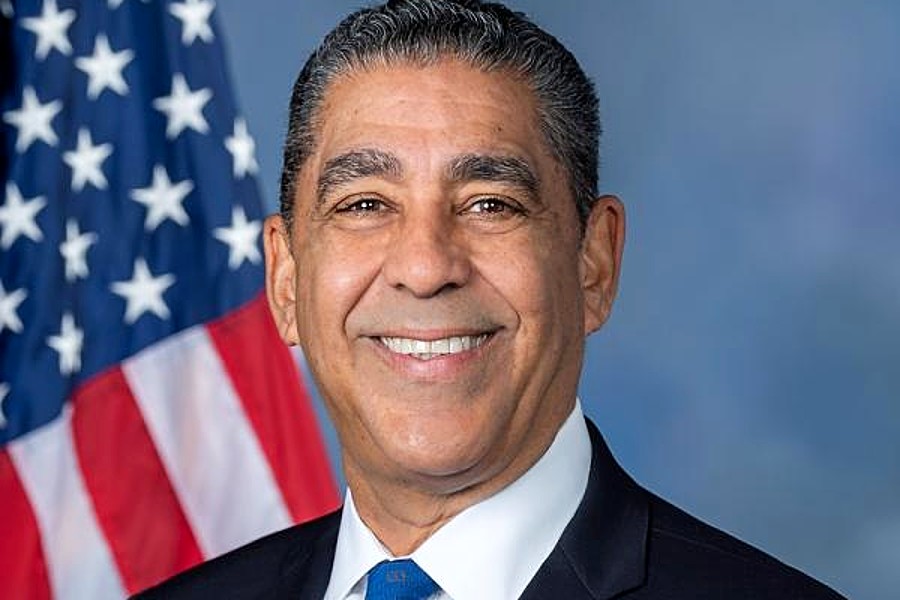
Daylight Savings Time (DST) ends this weekend with clocks in most of the U.S. rolling back one hour at 2:00 am Sunday.
It’s an Autumn ritual but there has been some confusion about the status of time this year. That’s because earlier this year Congress took steps to end the twice-a-year time change but didn’t finish the job.
Every year people complain about the disruptive effects of either turning back the clocks or pushing them forward. The Senate unanimously voted for a bill introduced by Sen. Marco Rubio (R-Fla.) that would keep the nation of Daylight Savings Time year-round.
But by the time the legislation reached the House of Representatives, there was far from a consensus. Some critics pointed out that mornings in the dead of winter would remain dark until around 8:00 am.
But as he introduced the bill in March, Rubio said that trade-off would be worth it.
“There’s some strong science behind it that is now showing and making people aware of the harm that clock-switching has,” Rubio said on the Senate floor.
Rubio pointed to a 2020 study that documented a 6% increase in fatal traffic accidents in the week after the start of Daylight Savings Time. Other studies have suggested changing the time twice a year leads to more injuries and health issues.
As of now, there is little push in Congress to eliminate the twice-a-year time changes. Because of that, clocks in most of the U.S. will be reset to 1:00 am at 2:00 am Sunday, Nov. 6.
Clocks in Hawaii and most of Arizona won’t change since those states observe Standard Time all year.
Become a Harlem Insider!
By submitting this form, you are consenting to receive marketing emails from: . You can revoke your consent to receive emails at any time by using the SafeUnsubscribe® link, found at the bottom of every email. Emails are serviced by Constant Contact








